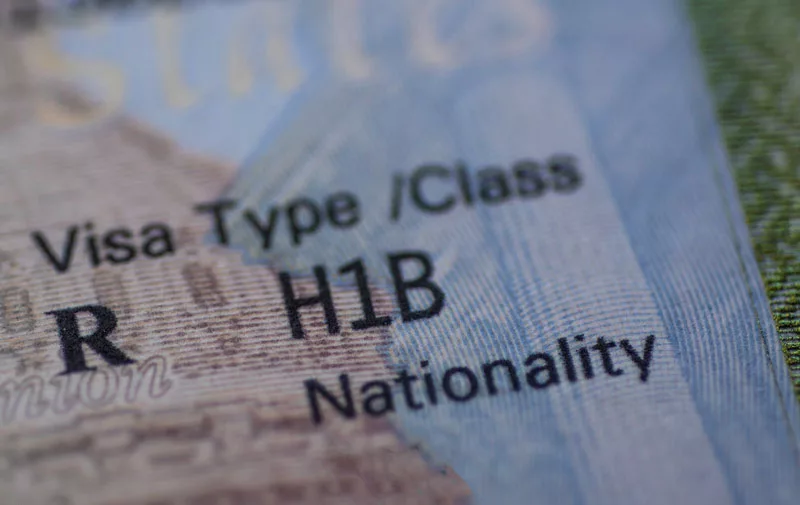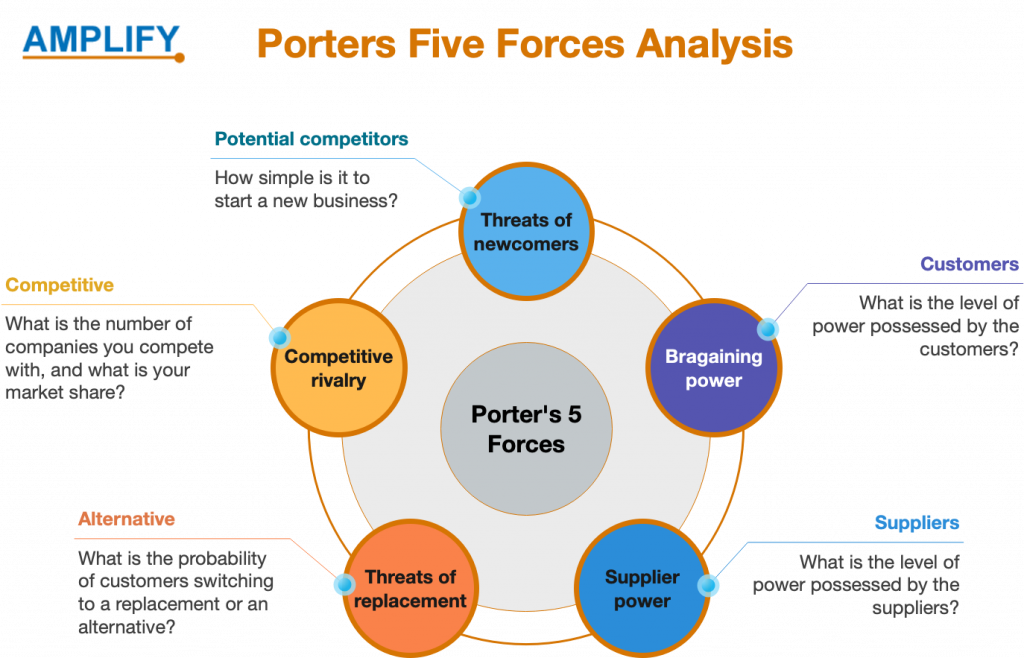The franchise model is a business arrangement in which one party, known as the franchisor, grants the rights to another party, known as the franchisee, to operate a business using its established brand, systems, and processes.
The franchise model allows the franchisee to leverage the proven business model and brand recognition of the franchisor while maintaining a certain level of independence as a business owner. In a franchise model, the franchisor provides the franchisee with the necessary support, training, and resources to establish and operate a business under its brand. The model provides access to trademarks, proprietary products or services, marketing materials, operational guidelines, and ongoing support. The franchisee, in return, pays an initial franchise fee and ongoing royalties or fees to the franchisor, typically based on a percentage of their revenue. This payment structure allows the franchisor to generate income and maintain control over the franchise network.
Key features of the franchise model include:
- Brand recognition: Franchisees benefit from the established brand reputation and customer base associated with the franchisor’s brand, which can help attract customers and build credibility.
- Standardized systems and processes: Franchise systems typically have standardized operating procedures, ensuring consistency in products, services, and customer experience across franchise locations.
- Training and support: Franchisors provide initial training and ongoing support to franchisees, helping them understand and implement the business model effectively.
- Marketing and advertising: Franchise systems often have centralized marketing and advertising efforts, allowing franchisees to benefit from national or regional campaigns to promote their businesses.
- Shared resources: Franchisees can access shared resources, such as bulk purchasing power, collective knowledge, and best practices, leading to cost efficiencies and improved operational effectiveness.
The franchise model offers several advantages, such as a proven business concept, brand recognition, and ongoing support from the franchisor. However, franchisees must comply with the franchisor’s guidelines and operating standards, limiting their flexibility and autonomy compared to starting an independent business. It’s essential for both franchisors and franchisees to carefully evaluate the terms of the franchise agreement, conduct thorough due diligence, and ensure a good fit between their respective goals and expectations before entering into a franchise relationship.
McDonald’s is a prime example of a company that operates using the franchise model. As a franchisor, McDonald’s grants the rights to aspiring entrepreneurs (franchisees) to operate their own McDonald’s restaurant under the established brand and business systems. Franchisees benefit from leveraging McDonald’s recognized brand, established operational processes, and ongoing support. In return, franchisees pay initial franchise fees, ongoing royalties, and contribute to national marketing efforts. This mutually beneficial relationship allows McDonald’s to expand its presence globally while providing individuals with an opportunity to run their own business under a well-known brand.


















